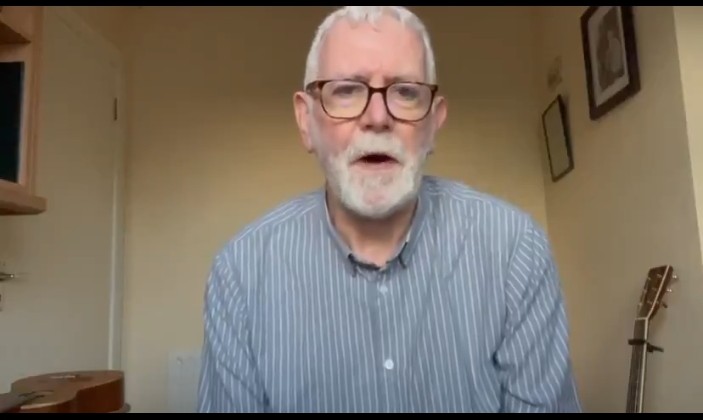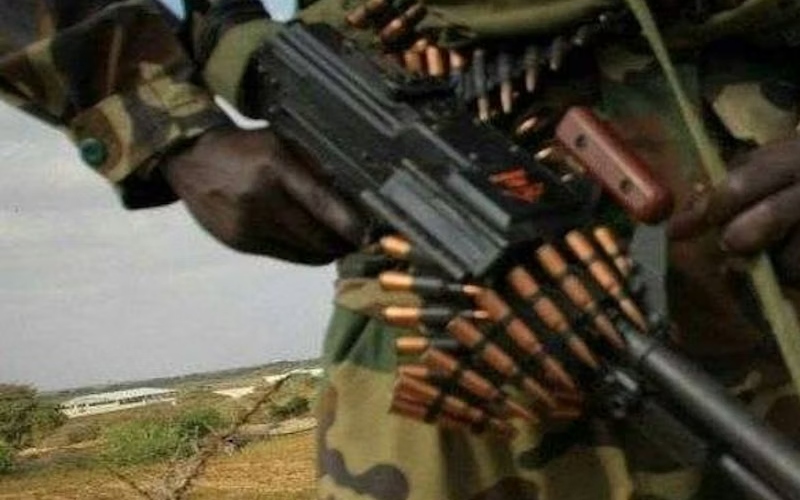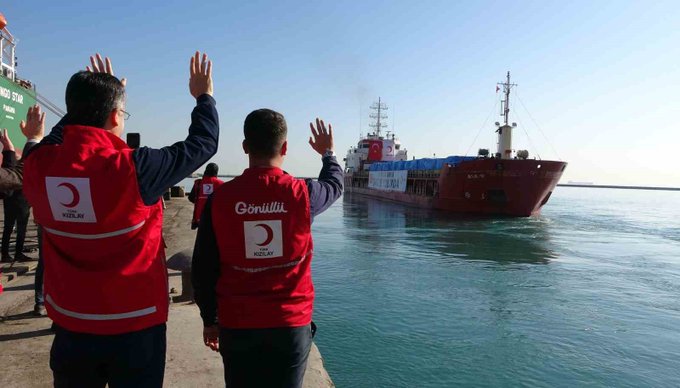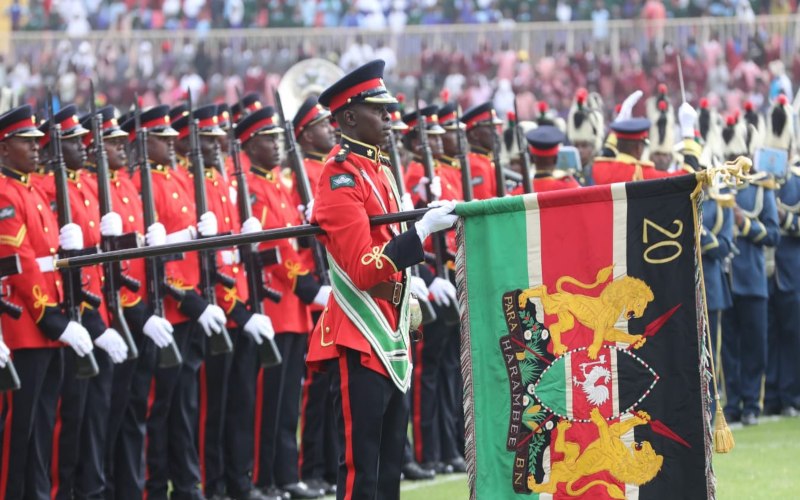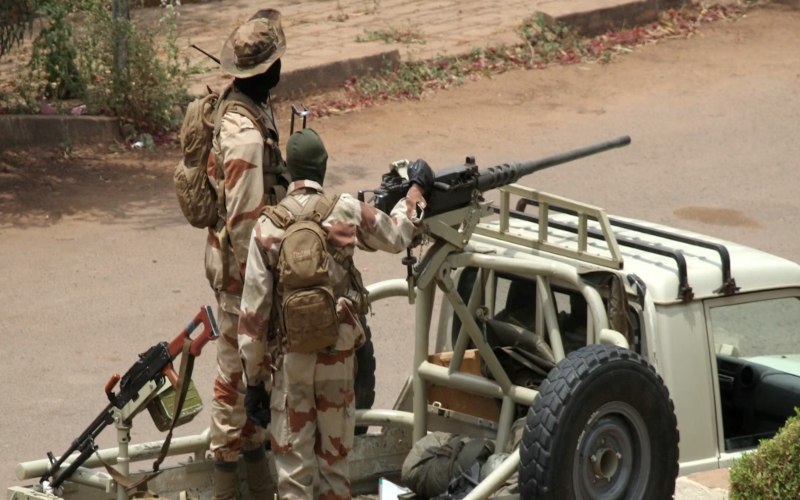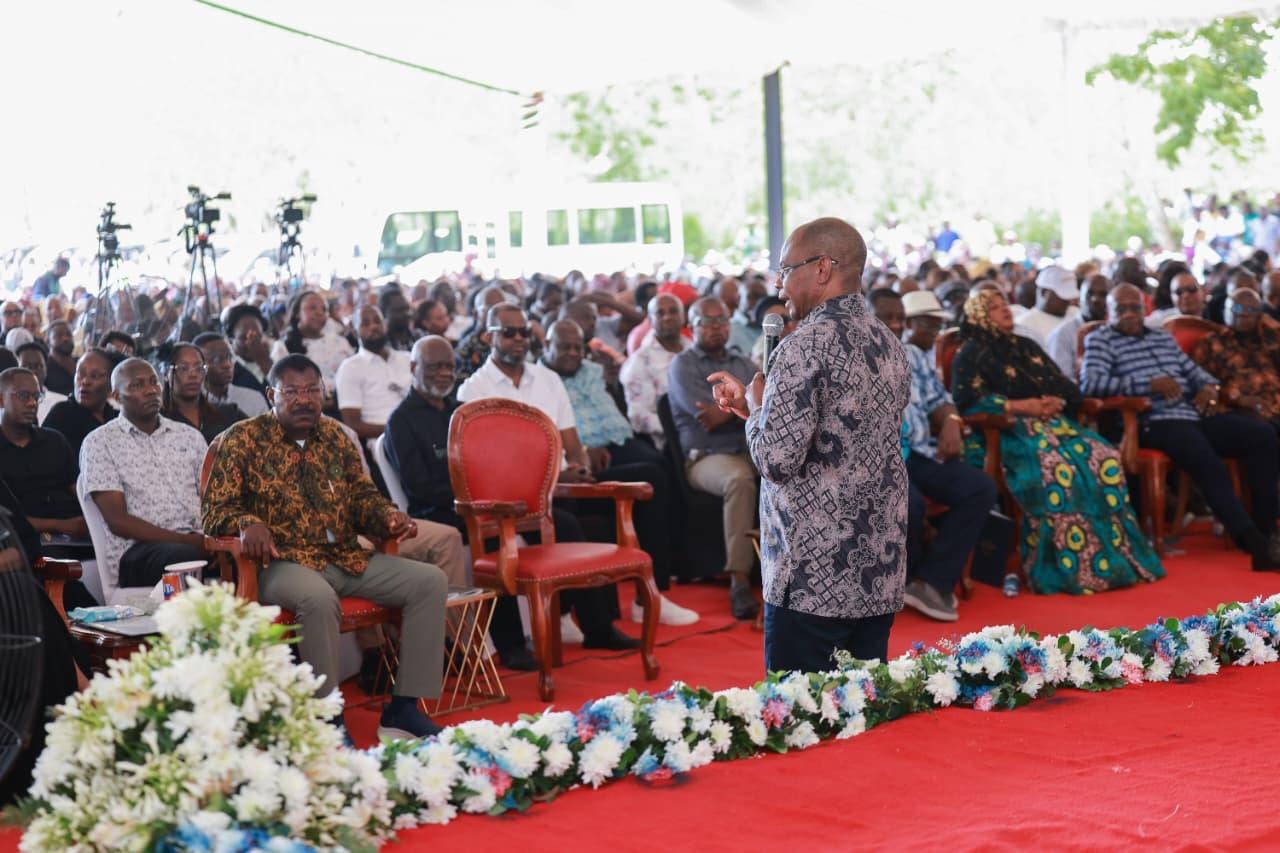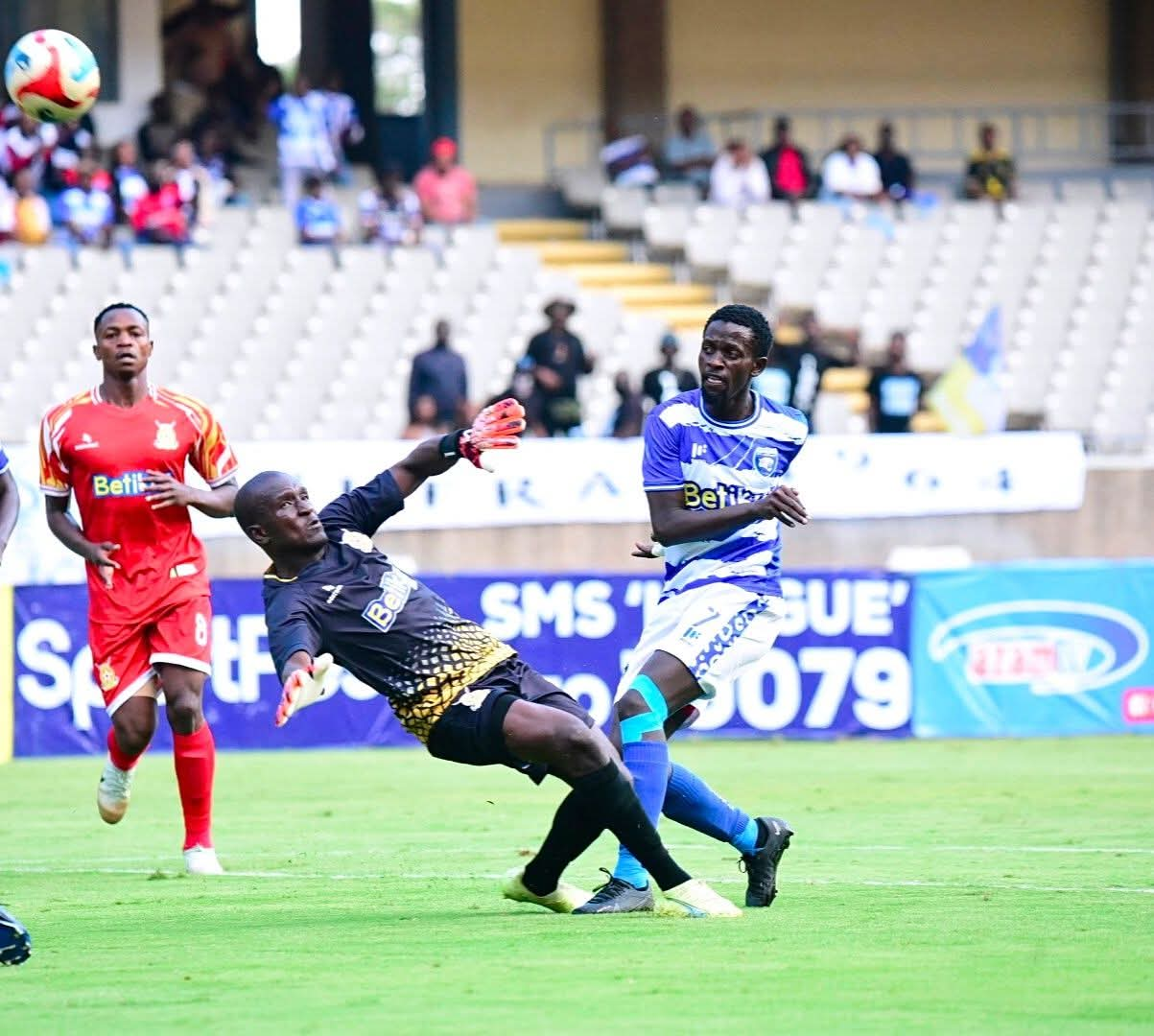AU calls for ceasefire, dialogue in South Sudan amid increased violence in Nasir County
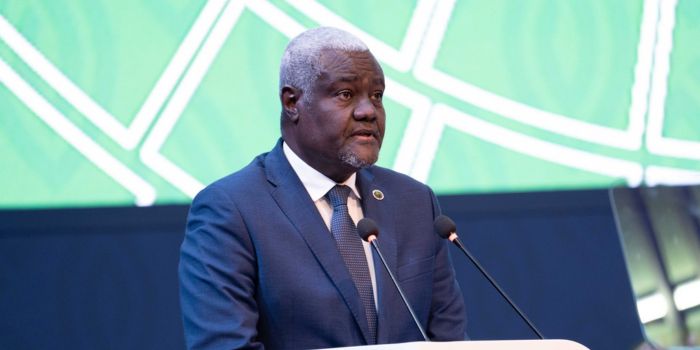
South Sudan first plunged into civil war in December 2013 following a political falling-out within the ruling Sudan People’s Liberation Army.
The African Union (AU) has called for an immediate cessation of hostilities and accountability in South Sudan following escalating violence in Nasir County, Upper Nile State and other regions.
In a statement, AU Commission Chairperson Moussa Faki Mahamat expressed deep concern over the clashes, including a deadly attack on a UN helicopter, warning that the unrest threatens the country’s fragile peace process.
More To Read
- Djibouti confirms Eritrea’s formal exit from IGAD regional bloc
- ECOWAS endorses John Mahama as West Africa’s candidate for AU chair in 2027
- IGAD regrets Eritrea’s ‘premature’ withdrawal from regional bloc
- Eritrea withdraws from IGAD for second time, citing ‘failure to meet aspirations of the region’
- South Sudan health system on brink as conflict and cholera spread, MSF warns
- AU warns of rising violence in DR Congo and Great Lakes region amid M23 advance
Mahamat condemned the violence, urging all parties to exercise restraint. He emphasised the need for authorities to hold those responsible accountable and take urgent measures to protect civilians.
“The African Union Commission is currently consulting with the authorities, IGAD, and other stakeholders on common actions to ensure a de-escalation of the situation,” he said.
He also reiterated the AU’s long-standing call for South Sudanese parties to fully implement the Revitalised Peace Agreement, stressing that peace, unity and stability in the country depend on its execution.
The AUC chairperson urged warring factions to respect ceasefire arrangements and engage in national dialogue to restore calm.
South Sudan first plunged into civil war in December 2013 following a political falling-out within the ruling Sudan People’s Liberation Army (SPLA). The conflict, driven by deep-rooted ethnic tensions, spread rapidly across the country, displacing millions as government and opposition forces battled for control.
Despite multiple peace agreements and ceasefire attempts in 2015, 2017, 2018, and 2024, the country has struggled to achieve lasting stability.
The June 2018 Revitalised Agreement on the Resolution of the Conflict in South Sudan led to a ceasefire and the formation of a unity government, but its implementation has faced delays and violence has persisted.
To reinvigorate the peace process, Kenya brokered negotiations under the Tumaini Initiative, which resumed in November 2024 after a three-month hiatus.
The talks brought in key holdout groups that had previously refused to sign the 2018 Juba Agreement. Among those who signed the deal were the Sudan Liberation Army Movement – Arko Minawi wing, the Justice and Equality Movement, and Malik Agar’s wing of the Sudan People’s Liberation Movement, alongside other factions.
The Nairobi-led Tumaini Initiative is seen as a crucial complement to IGAD’s efforts in supporting the full implementation of the Revitalized Peace Agreement and ensuring long-term stability in South Sudan.
Top Stories Today



